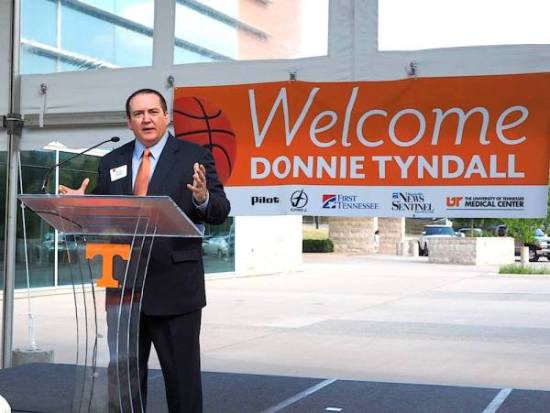
Recently, we talked about whether or not an event needs a speaker. Now, we offer the do’s and don’ts for event planners and speakers when preparing for a presentation and addressing an audience.
The website, speakingaboutpresenting, offers seven ways to keep the attendees’ attention, from the importance of brevity to letting attendees know why they should be interested.
Storytelling is critical to develop a relationship between speaker and listener.
“When you say, ‘I’ll tell you a story about … ,’ your audience will perk up,” according to the website. “Your stories should of course reinforce the point you’re making.”
The Inc. website also has worthwhile tips, from advising speakers to craft a powerful opener to the importance of pace in a presentation.
“Think of the difference between a river and a canal,” the website noted. “A canal is plodding while a river is dynamic and constantly changing.”
A speaker needs to connect with the audience – that is the benefit of having someone there live. It’s important for a presenter to inject personality into a speech in order to sound natural and engage the attendees.

Additionally, PowerPoint can be a useful tool, but if a speaker reads directly off the slide it can become irritating.
However, a presenter must have some form of an outline before a speech. It doesn’t necessarily have to be written down, but a speaker should have sufficiently rehearsed beforehand. It’s vital that the speaker and the event planner coordinate on the content of the speech that will be given, too, so that there are no surprises.
Communication should be clear. Nobody wants to listen to a speaker who rambles. Event planners should let the speaker know well in advance what time frame is needed for their event.
“Typically, an event speech runs for about 10 minutes,” said Alan Carmichael, president and COO of Moxley Carmichael.
Another consideration is whether or not to allot time for a question-and-answer session. If it is a banquet, the speaker usually will go a little longer so that needs to be factored in at an event. A speech will vary in length depending on type of event, but that doesn’t mean attendees don’t want to get home at a decent hour.
“In the past I’ve seen people smiling after events saying, ‘Wow, it’s 9:30, we can go home now and watch some TV before we go to sleep,’ ” Carmichael said. “People enjoy attending events, but they also like going home, too.”

If the speech is intended to run longer, however, it’s a good idea to create breaks, whether it be an intermission or some form of interaction between the speaker and the audience.
For speakers, it’s also important to be well aware of the audience’s reaction.
“I’ve thought to myself sometimes while listening to a speech, ‘It’s time to wrap it up,’ ” Carmichael said.
Besides keeping track of time, guest speakers need to be aware of other factors that can affect how an audience receives them.
“One of my biggest pet peeves is when guest speakers sound scripted,” said Lauren Miller, director of client services at Moxley Carmichael. “I want them to talk to me, not sound like they are reading from a sheet of paper.”

If speakers decide to stray from a prepared script, however, they need to be mindful of avoiding the use of filler words such as “um” and “like” in their speech. Hearing stumble words sends a message of lack of preparation and confidence in public speaking.
Humor always is a good approach but knowing your audience is critical. Sometimes people can get offended, so it’s important for event planners to research a speaker’s tone and joke content. Humor is an effective tool in a speech, but it needs to be the right fit for the audience.
“A recent speaker that I enjoyed was University of Tennessee Coach Donnie Tyndall,” Miller said. “He was funny, but in a warm, friendly way. His humor was a good method of keeping the audience’s attention.”
Even the best speakers can trip up – maybe stumble over a thought or start to lose track of time – but if they prepare well, they can recover and make any speech a success.
“I generally over-prepare, but I feel like that’s never a bad tactic for speakers to be effective,” Carmichael said.
Michael Tremoulis, a fall intern at Moxley Carmichael, is a senior at the University of Tennessee studying public relations. When he’s not daydreaming about meeting J.D. Salinger, smoking a cigar with Winston Churchill or sharing a beer with Jack Kerouac, you can find him obsessively listening to Bob Dylan or eating a smorgasbord of meats and cheeses.
Brevity is always appreciated. Don’t make us start wishing for that old vaudeville cane.